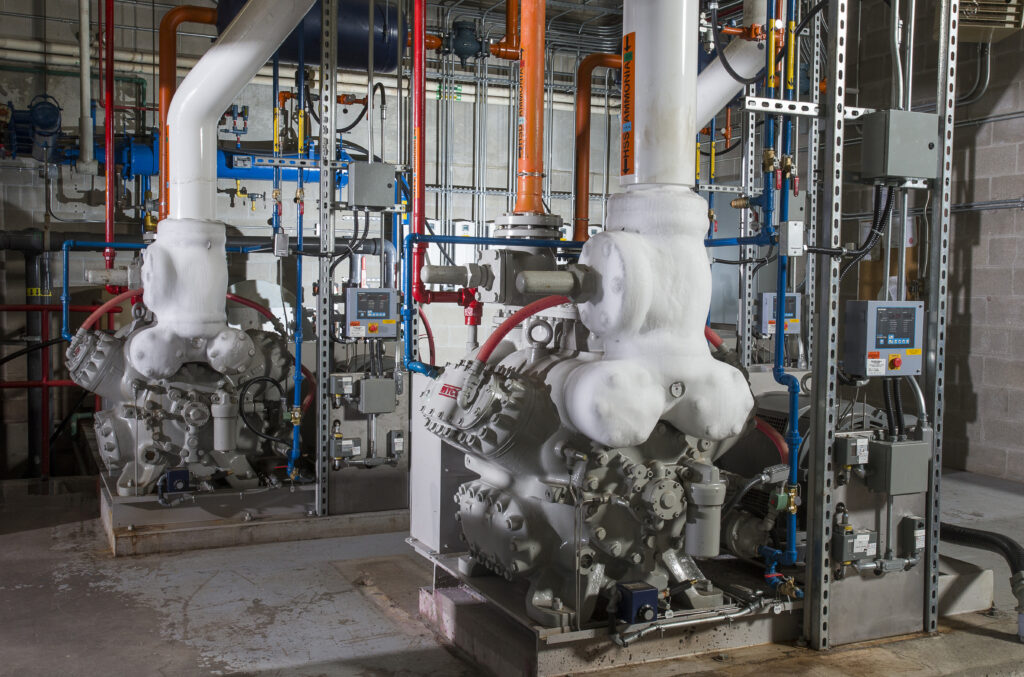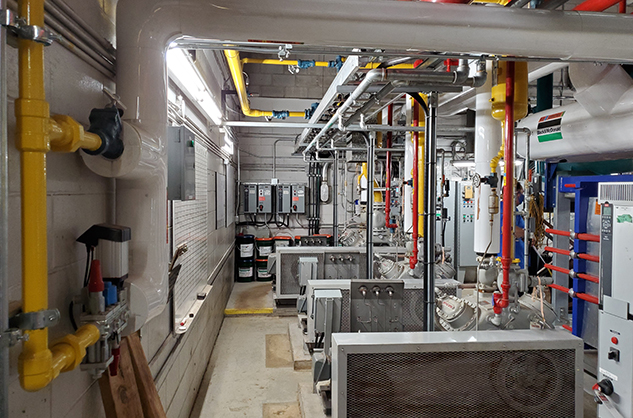In the ever-evolving world of refrigeration, the role of refrigerants cannot be underestimated. However, relying on harmful substances as refrigerants is no longer necessary when we have access to natural alternatives that can make a significant impact.
Over the years, both domestic and global policies have played a crucial role in propelling the growth of natural refrigerants. Governments and organizations worldwide have recognized the urgent need to address climate change and reduce environmental impact, leading to the implementation of regulations that prioritize the use of eco-friendly refrigerants. This shift has created a ripple effect in the industry, encouraging businesses and consumers to embrace sustainable practices.
While natural refrigerants have always been a viable option for large industrial systems, they were often overlooked in favor of other refrigerants that were more convenient to use. However, the tide is turning, and organizations are increasingly realizing the benefits of natural refrigerants in terms of environmental impact, energy efficiency, and long-term cost savings.

Refrigerants such as R-22 and R-401A gained popularity due to their accessibility and compatibility with industrial systems, including cold rooms and warehouses and ice rinks. But that’s about to change. The detrimental effects of these refrigerants on the ozone layer and their high Global Warming Potential (GWP) have prompted regulatory bodies to take action. The phaseout of ozone-depleting substances, such as R-22, has accelerated the adoption of natural refrigerants, driving innovation and transformation in the industrial refrigeration industry.
The Environmental Protection Agency's decision to phase out ozone-depleting substances has marked a turning point in the industry. The phaseout includes the discontinuation of R-22 production, the most commonly used HCFC in existing air conditioners and refrigeration equipment. By 2020, R-22 will no longer be produced, marking a significant shift in the industrial refrigeration industry.
Increasingly, various industrial markets are recognizing the significance of green technology and showing a keen interest in natural refrigerants. This growing acceptance of natural alternatives is poised to revolutionize the industry as we know it.
Natural refrigerants offer several advantages over their counterparts, primarily stemming from their environmentally friendly composition. Unlike other refrigerants, natural alternatives do not contain hazardous materials, making them inherently safer and better for the environment.

Let's delve into a few noteworthy natural refrigerants that are transforming the industry:
As the world continues to prioritize environmental stewardship and sustainability, the demand for natural refrigerants will only grow. By embracing these eco-friendly alternatives, businesses can not only reduce their environmental impact but also benefit from improved energy efficiency, cost savings, and regulatory compliance. The shift towards natural refrigerants represents a significant step forward in creating a more sustainable and environmentally conscious refrigeration industry.
Looking for a natural solution for your industrial cooling equipment? Contact us today to speak with our refrigeration experts.